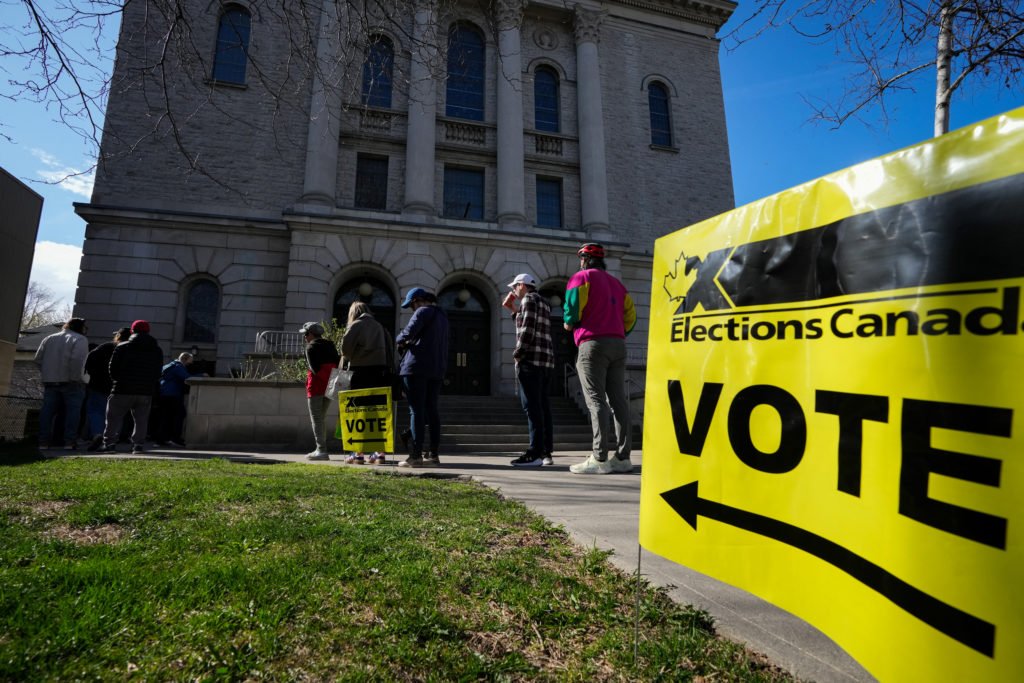American and Canadian Political Sites See Unprecedented Traffic as Trump's Second Term Sparks Cross-Border Tensions

In the wake of Donald Trump’s turbulent second term, both American and Canadian political websites have experienced a dramatic surge in traffic as citizens on both sides of the border seek up-to-the-minute information and analysis on rapidly evolving events. The latest spike comes amid heightened rhetoric from President Trump, including controversial social media posts advocating for Canada to become the 51st state, igniting widespread debate and a surge of nationalist sentiment north of the border.
Canadians are responding in record numbers, both online and at the ballot box, as the nation faces a pivotal federal election. Trump’s actions—ranging from trade tariffs to provocative calls for annexation—have prompted millions to engage with news sites, political commentary, and social platforms dedicated to analyzing the impact of US policy on Canadian sovereignty. Canadian Prime Minister Mark Carney, propelled to prominence in part by his vocal opposition to Trump, has seen his campaign benefit from the so-called Trump effect, turning what was once a lagging Liberal Party into a leading force against the Conservative challenger Pierre Poilievre.
Traffic analytics show record engagement with stories about Trump’s trade policies, his threats to cut economic ties, and his repeated suggestions that Canada join the United States. Canadians have expressed outrage and renewed national pride, fueling a social media movement marked by hashtags like #Never51 and grassroots campaigns promoting Canadian independence and economic self-sufficiency. Concurrently, American sites are covering the diplomatic fallout and political reverberations, with domestic audiences tracking the impact on US-Canada relations and the broader global order.
Against this backdrop, information consumption has become an essential facet of the democratic process, with voters, politicians, and analysts alike turning to digital platforms for insights and real-time reactions. The political turbulence at the start of Trump’s second term has not only transformed the tone of US-Canada discourse but has also underscored the crucial role of online political media in shaping public opinion and national identity on both sides of the border.
Recent Politics Articles
Trump Demands Putin End Ukraine War or Face Economic Consequences
Trump's ultimatum to Putin signals a potential turning point in U.S.-Russia relations and the ongoing Ukraine conflict.
Trump's Gaza Proposal Sparks Widespread Condemnation
However, this plan has been met with widespread rejection from key Arab allies and international leaders. Egypt and Jordan have …
Russia Removes Taliban Terrorist Designation, Signals Stronger Ties with Afghanistan
Russia has suspended the Taliban’s terrorist status, signaling a new phase of diplomatic engagement with Afghanistan’s ruling movement.
Sudan Crisis Intensifies: UN Rights Chief Appeals for Protection of Civilians in El Fasher
UN rights chief appeals for urgent protection of civilians in El Fasher, North Darfur, as more than 500 have been …
Diplomatic Crisis Deepens: France Retaliates After Algeria Expels Officials
France has retaliated by expelling 12 Algerian officials and recalling its ambassador after Algeria ordered French officials to leave, marking …

Trump Demands Putin End Ukraine War or Face Economic Consequences
Trump's ultimatum to Putin signals a potential turning point in U.S.-Russia relations and the ongoing …

Trump's Gaza Proposal Sparks Widespread Condemnation
However, this plan has been met with widespread rejection from key Arab allies and international …

Russia Removes Taliban Terrorist Designation, Signals Stronger Ties with Afghanistan
Russia has suspended the Taliban’s terrorist status, signaling a new phase of diplomatic engagement with …




